- Home
- About Us
- Housing
- Resources
- Contact Us
-
-
-
Address: 223 S. Winnebago Street Rockford, IL 61102
Phone: 815-489-8500
-
-
- Updates
-
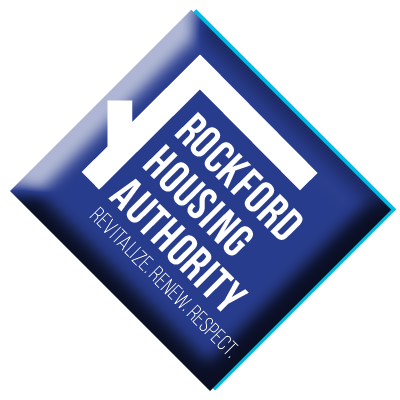
Address: 223 S. Winnebago Street Rockford, IL 61102
Phone: 815-489-8500
Address: 223 S. Winnebago Street Rockford, IL 61102
Phone: 815-489-8500


As the curtains draw close on National Black Business Month, the Rockford Housing Authority stands proud, reflecting on the profound significance that has marked this observance. Throughout this dedicated month, we have not only celebrated the exceptional contributions of Black entrepreneurs but have also embraced a powerful call to action, a call that resounds with enduring importance. Just as the notes of history echo through the ages, reminding us of the struggles and triumphs of civil rights, this month’s resonance becomes a symphony of progress, weaving together the past and the present. As we step forward from this moment of commemoration, the lessons we’ve imbibed and the inspiration we’ve harnessed propel us toward a future where equality and prosperity intersect in the realm of entrepreneurship.
Six decades ago, on a sun-drenched day in August, history bore witness to a moment of unparalleled significance. A sea of people had gathered on the steps of the Lincoln Memorial in Washington, D.C. Their purpose was to demand justice, equality, and freedom – ideals that the United States had promised but had not fully delivered, especially to its African American citizens. Among them stood a man whose words would etch a resounding mark on the pages of history, Dr. Martin Luther King Jr.
It was August 28, 1963, when Dr. King stepped up to the podium to address the multitude that had assembled for what would be known as the March on Washington for Jobs and Freedom.
The air was charged with hope, determination, and the weight of generations of struggle. From this iconic setting, overlooking the Reflecting Pool and the Washington Monument, Dr. King embarked on a speech that would come to define an era and inspire generations to come.
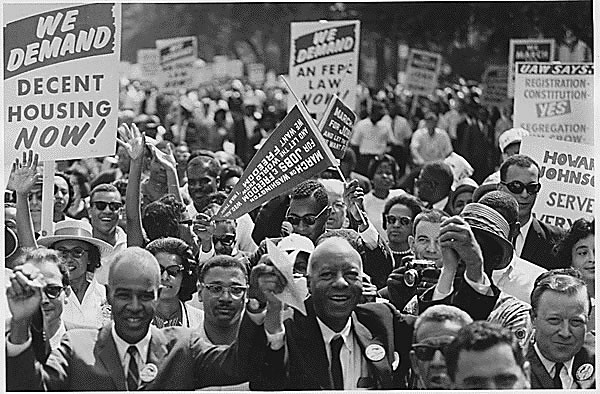
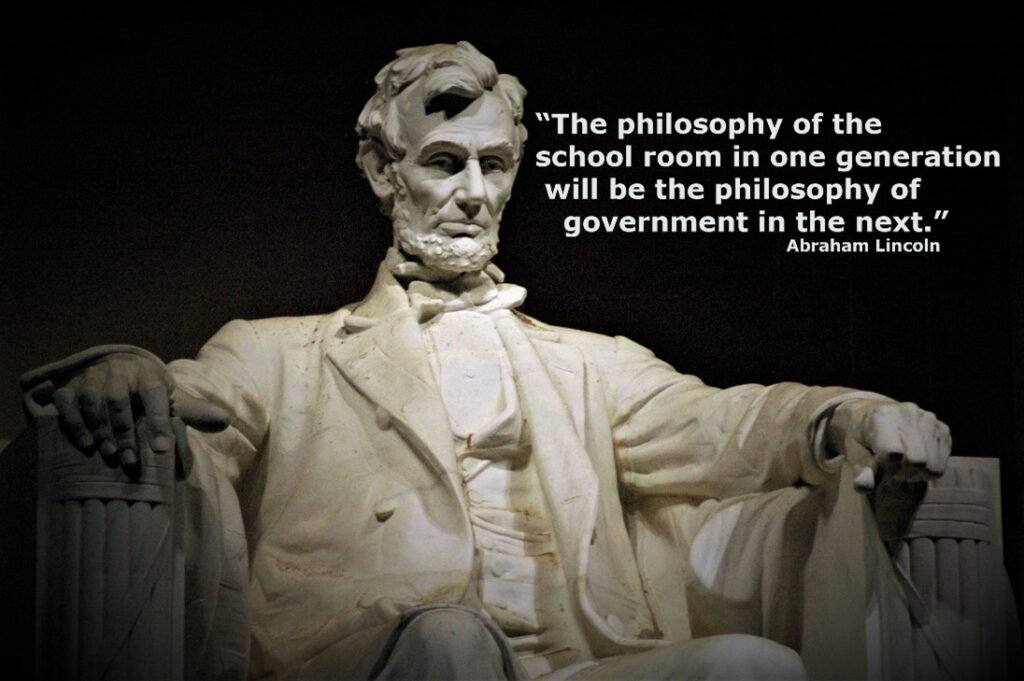
With the backdrop of Abraham Lincoln, the President who had emancipated the slaves a century earlier, Dr. King commenced his address by decrying the deep-rooted economic disparity that plagued American society.
He spoke of the stark contrast between the promises of the nation’s founding ideals and the harsh reality faced by many African Americans. His words were a reminder that the dream of equality and justice remained elusive for far too many, and that economic injustice was intricately intertwined with racial discrimination.
But Dr. King’s words went beyond economics; he articulated a vision of a society rife with quality-of-life issues, police brutality, and voter disenfranchisement.
Dr. King spoke of a nation in which the basic rights and dignity of citizens were denied based on the color of their skin. Through his eloquence, he channeled the frustrations and aspirations of millions who had been marginalized for generations.
As he progressed through his speech, Dr. King’s cadence took on a sermonic rhythm. His voice soared as he shared his dream – a dream that transcended racial and ethnic lines, a dream of a future where the content of one’s character would eclipse the color of their skin. He painted a vivid picture of social and class harmony, where children of all backgrounds would join hands as sisters and brothers. In those poignant moments, his words weren’t just rhetoric; they were a rallying cry for justice, an anthem of hope that would reverberate through the decades.
The impact of Dr. King’s speech and the March on Washington was profound. The event itself was a testament to the power of unity, as people from diverse backgrounds came together to demand change. The message that resounded that day reached far beyond the steps of the Lincoln Memorial. It reached into the hearts and minds of Americans across the nation, sparking conversations and mobilizing action for civil and human rights.
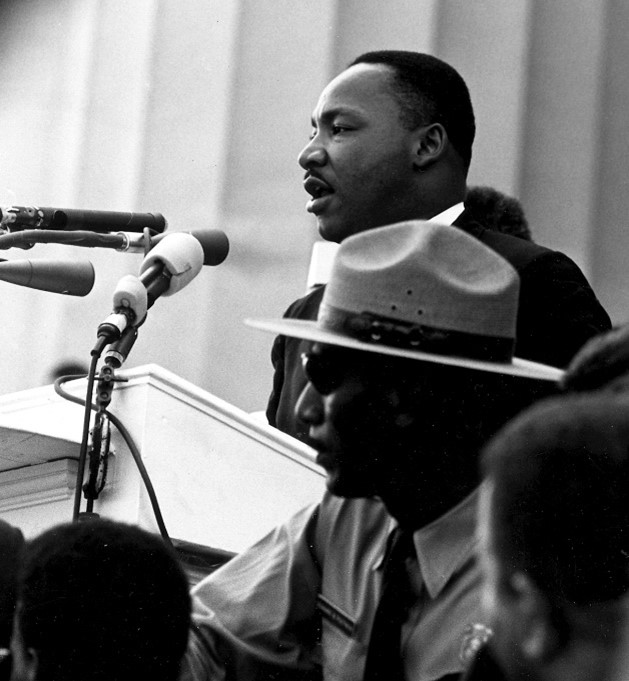
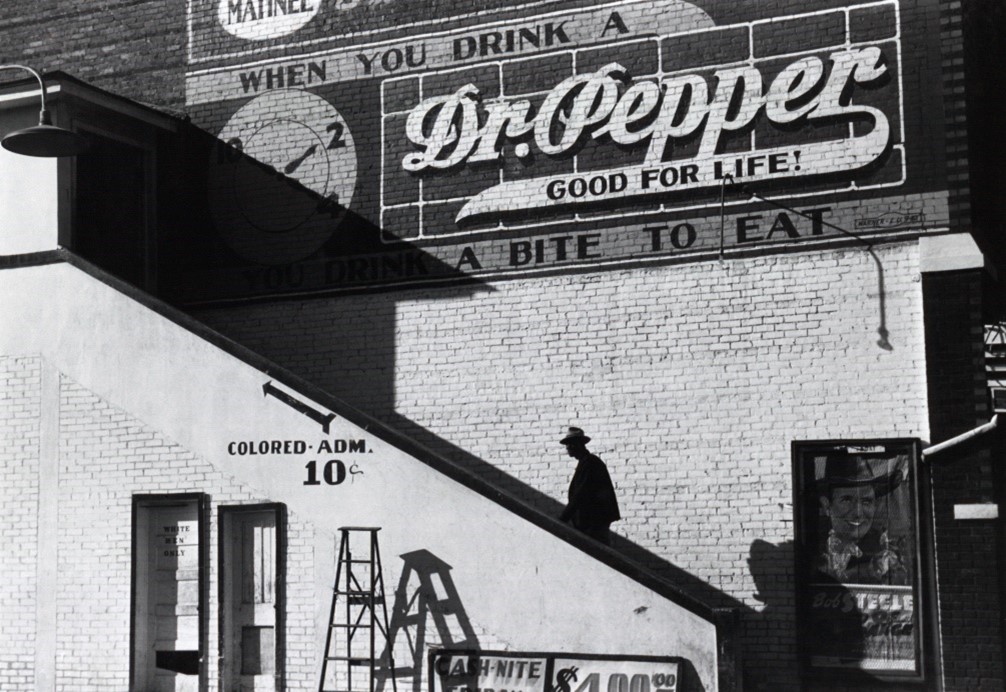
The March on Washington and Dr. King’s words didn’t exist in a vacuum. They were catalysts for change that would soon find legislative expression. The Civil Rights Act of 1964 and the Voting Rights Act of 1965 were direct outcomes of the collective determination displayed on that historic day. The Civil Rights Act aimed to dismantle legal segregation and discrimination, while the Voting Rights Act aimed to dismantle barriers that prevented African Americans from exercising their fundamental right to vote.
Yet, progress is never a linear path. The same ideals and legislation that symbolized the triumph of unity and justice faced the harsh realities of partisanship and resistance.
Over the years, the principles enshrined in these acts have been tested, their effectiveness questioned, and their promises sometimes left unfulfilled. The struggle for civil rights did not end with these
monumental legislations; it evolved, adapting to new challenges, and confronting the deep-seated prejudices that persist.
As the years unfolded, the words of Dr. King continued to resonate, offering solace and inspiration during times of turbulence. The legacy of the March on Washington endured as a beacon of hope, a reminder that change is possible when voices unite for a common cause. The ideals of justice, equality, and freedom remained as touchstones for activists, advocates, and leaders who carried the torch of progress forward.
In the words of the Reverend Al Sharpton, “We come to here, Mr. Lincoln, because 100 years ago, in 1863, you promised that we’d be full citizens, and America has not fulfilled the promise.” This sentiment encapsulates the enduring struggle, the unyielding fight for the fulfillment of the nation’s promises. Dr. King’s dream, encapsulated in that powerful speech, became a call to action for every generation that followed.
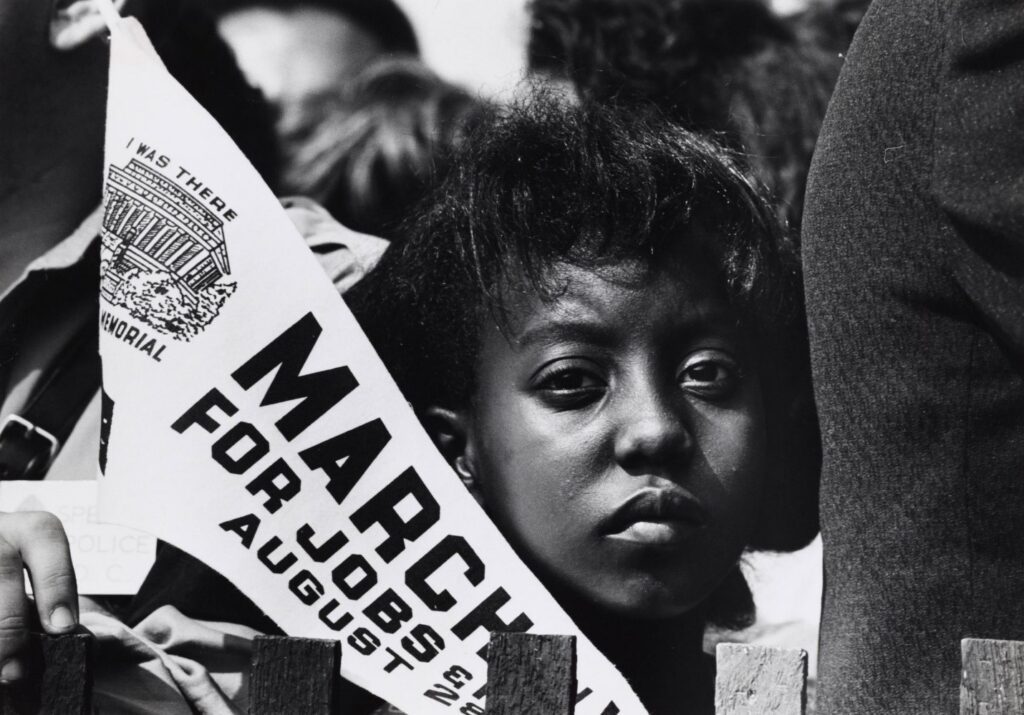
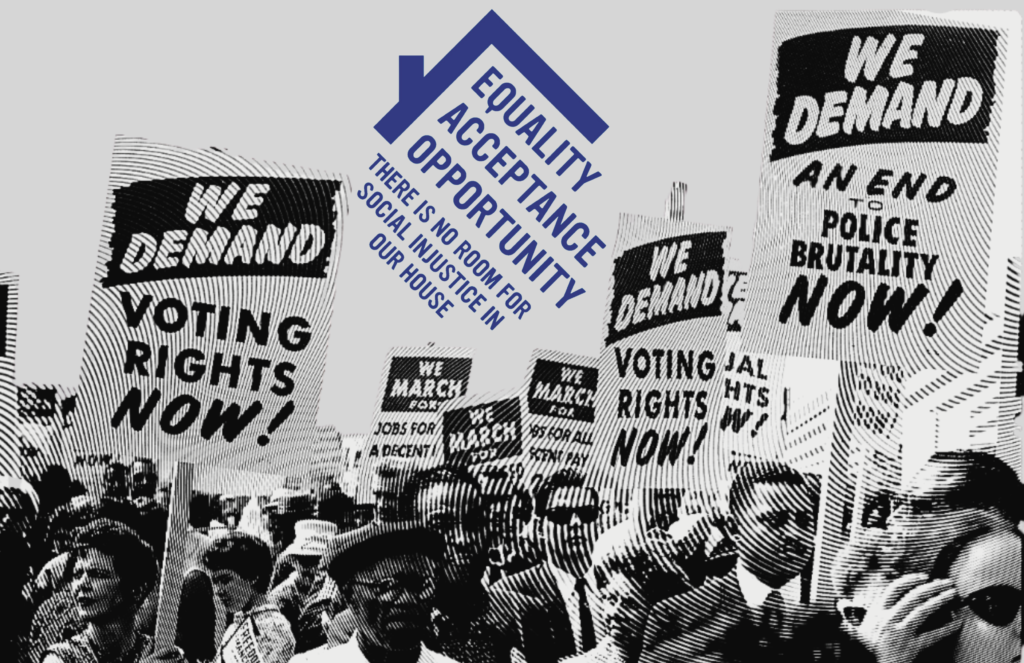
Today, the legacy of the March on Washington serves as a marker, a measuring stick by which racial progress is evaluated. It stands as a reminder of how far society has come, but also as a stark reminder of how far there is left to go. The issues that Dr. King addressed – economic disparity, racial discrimination, affordable housing, voter suppression – continue to persist, morphing in shape and form as society evolves. The dream of unity and equality lives on, but it requires constant vigilance, effort, and empathy to materialize.
The March on Washington and Dr. Martin Luther King Jr.’s “I Have a Dream” speech remain as resonant today as they were six decades ago. They are testaments to the power of words, unity, and the unyielding human spirit in the face of adversity. The challenges faced, the progress made, and the work left to be done all serve as a reminder that the fight for justice and equality is ongoing. The dream lives on, echoing through time, inspiring generations to continue the journey toward a more just and inclusive society.
“National Black Business Month, is not just a commemoration; it’s a call to action to continue supporting and uplifting Black-owned businesses throughout the year. Through our collective efforts, we can foster a more inclusive, equitable, and prosperous society where the achievements of all entrepreneurs are recognized and celebrated.”
Laura Synder, CEO
As National Black Business Month draws to a close, the resonance of its significance remains steadfast, carried forward by the Rockford Housing Authority’s unwavering commitment. In the reflection upon this dedicated observance, the invaluable lessons and inspiration it bestows find a lasting place within our collective consciousness.
Laura Snyder’s poignant words encapsulate the essence – this month serves not merely as a commemoration, but as a resounding call to action, urging us to perpetuate our support and empowerment of Black-owned businesses throughout every season. It is through our united endeavors that a tapestry of inclusivity, equity, and prosperity is woven, one where the accomplishments of all entrepreneurs, regardless of background, are not only acknowledged but exuberantly celebrated.
This fusion of commemorating the legacy of civil rights achievements and propelling the aspirations of today’s Black business leaders signifies a harmonious stride toward a future where dreams are realized, barriers are dismantled, and the collective spirit of progress knows no bounds.

To continue to create strategic partnerships with community stakeholders, design a diverse housing portfolio, leverage social service programming to unite and ensure residents are provided with safe and nurturing environments that lead to self-sufficiency, responsibility, and individual empowerment.
This Earth Day, let's unite for a brighter future!
Today, we're reminded of the importance of our planet and the role each of us plays in protecting it.
View the RHA Earth Day 2024 Blog here:
https://rockfordha.org/earth-day-2024/
Effective today, Monday, April 22, 2024, the current RHA Low-Income Public Housing (LIPH) Family Waiting List will open until further notice. Pre-applications can be completed online at https://www.rockfordhousingauthority.com/ and are available at 223 S. Winnebago Street Rockford, IL 61102.
#RHA
Let's come together to celebrate Diversity Month by acknowledging the beauty found in our distinct backgrounds, viewpoints, and identities. #RHA #MovingForwardTogether

Within 5 years the RHA will re-establish itself as high performing agency that is a leader in housing and sustainable communities by developing additional, non-HUD revenue streams, increasing our asset base and offering state of the art resident initiatives.